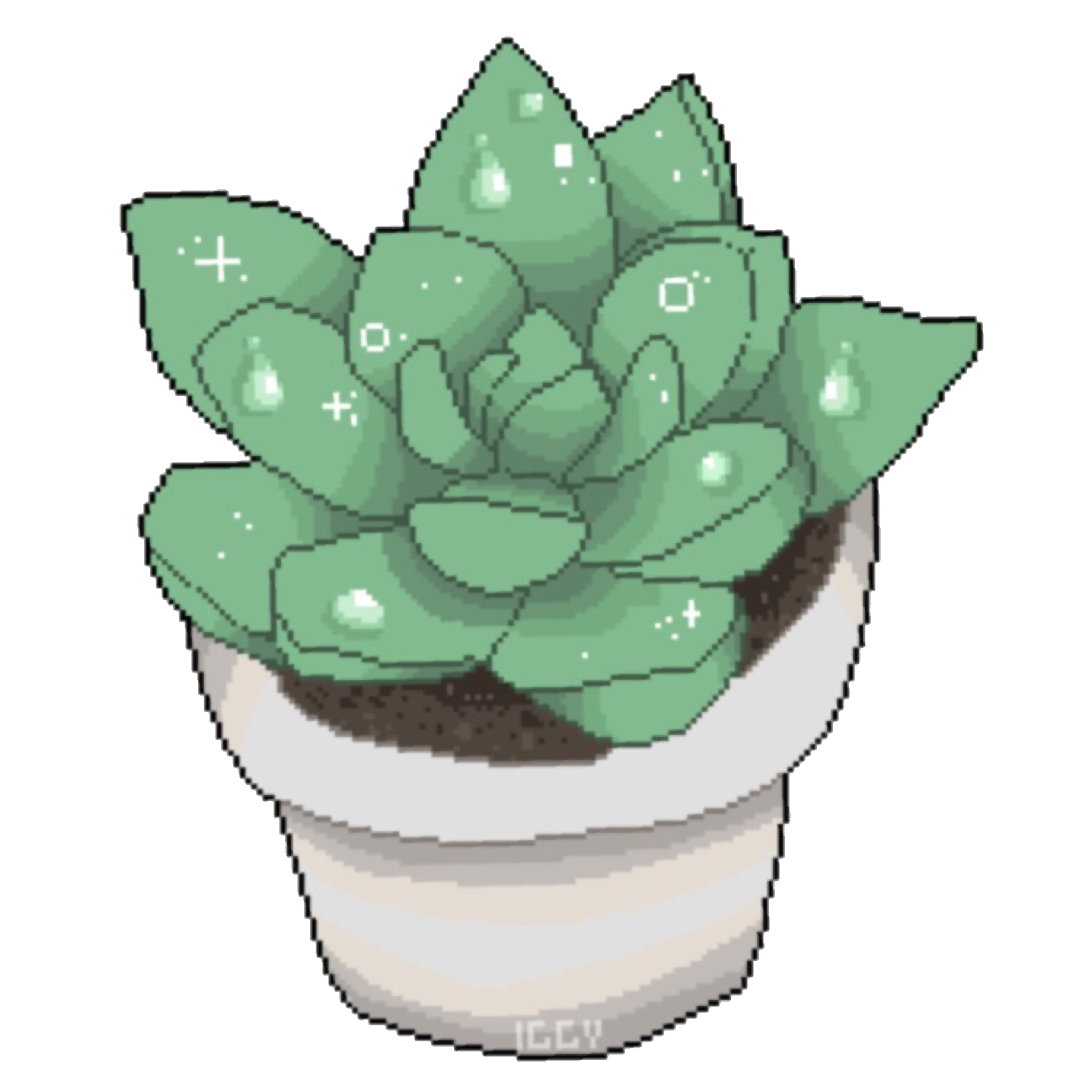I have a fungus gnat problem with my houseplants, I’ve kept them relatively under control using Mosquito Dunks in my watering can since August and some yellow sticky traps but I can’t seem to eradicate them. I was considering buying nematode pot poppers but I’ve never used them before so I was wondering if anyone had any tips for application. All my plants are still relatively small so I don’t have many large pots for any of them (most are between 4-10").
Any and all recommendations welcome, having pests is really taking all the joy out of having plants. I’m in Canada so a lot of pesticides aren’t available to me.
UPDATE: I figured I’d update this post incase someone comes looking for solutions and sees this. I ended up going with a top layer of silica sand (2-4 mm in size) on all of my pots. I continued with the BTI water, let my plants completely dry out between waterings, and bottom-watered most of my plants. I haven’t seen a fungus gnat in about 2 weeks so I think I have been successful in eradicating them. Will update again if this changes.
Update 2: I take back the update, they’re still here… I’m so over the freaking gnats.
Update 3: Just updating this post in case someone stumbles across it looking for answers. What worked for me was switching most of my plants to semi-hydro and I now have a Pinguicula Morensis that eats any stragglers that come in with any new plants. The plants that are still in soil are watered so rarely that the gnats are not really an issue.


I’ve been mixing mosquito bits in the pot/soil with great success. I toss in a handful about every 6 months. When I repot, I mix in roughly 1/2 cup per 4 quarts soil medium. Make sure the top inch of soil has a chance to dry out between watering. Make sure you don’t have water standing in your catch trays when watering. Switch out for aggregate clay or lava rock instead of a soil medium.
Unfortunately mosquito bits aren’t available in Canada. I’ve been letting them dry out between so I’m surprised they just come right back, I’m wondering if it’s to do with my plants all being watered at different intervals so there’s always at least one plant that has moist soil. Would the clay/rock work for all plant types? I’ve been using 1 part perlite, 1 part potting mix, and 1 part orchid bark for most of my plants since it tends to stay more humid where I am and takes forever to dry otherwise. The few succulents I have are mostly in 50/50 perlite and cactus mix.
I wonder if you can break up masquito dunks, aren’t they the same chemical? I have not had success with ferns in clay but epiphytes and ficus seem to love it.
I could try that, I think I’ll try the sand tip first to see if that helps before repotting everything (been trying to avoid that since it’s such a huge undertaking at this point). I only have the one fern, I have a bunch of epiphytes (a bunch of pothos, couple hoyas, a small monstera, etc.), no ficuses. I was considering switching my alocasias to leca but was intimidated by the change in care, I’ll have to do some reading up on it.
Would watering for clay basically be the same as soil? water when dry?
I agree, sand would be best to try first.
Clay watering is a little different, you’ll need to use two layer pots where the outside pot is water tight and the inside pot has holes. Clear pot inserts work best. Before watering you’ll have to check if the bottom is still wet and add water & food upto just below the roots. What you are aiming for is to add the exact amount of water the clay can obsorb.